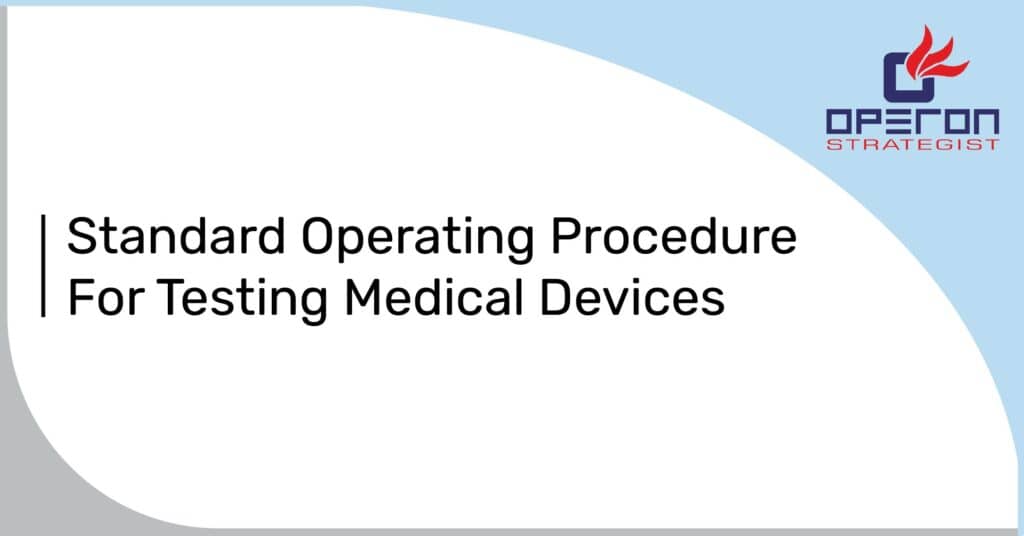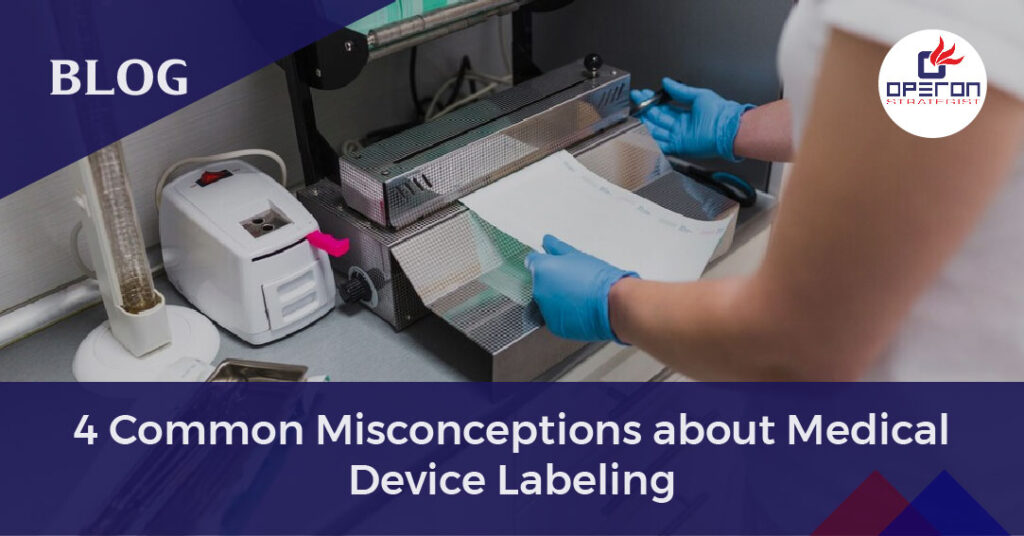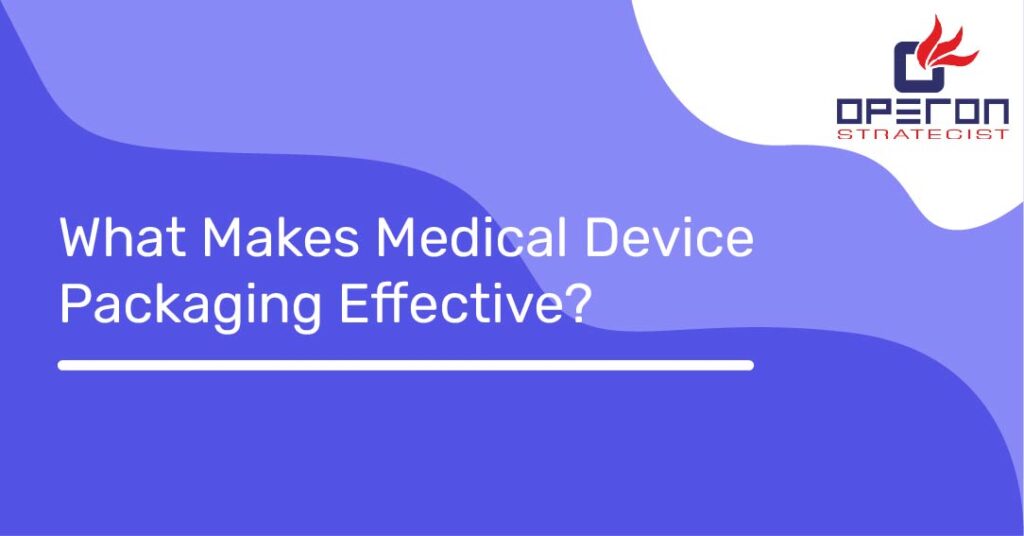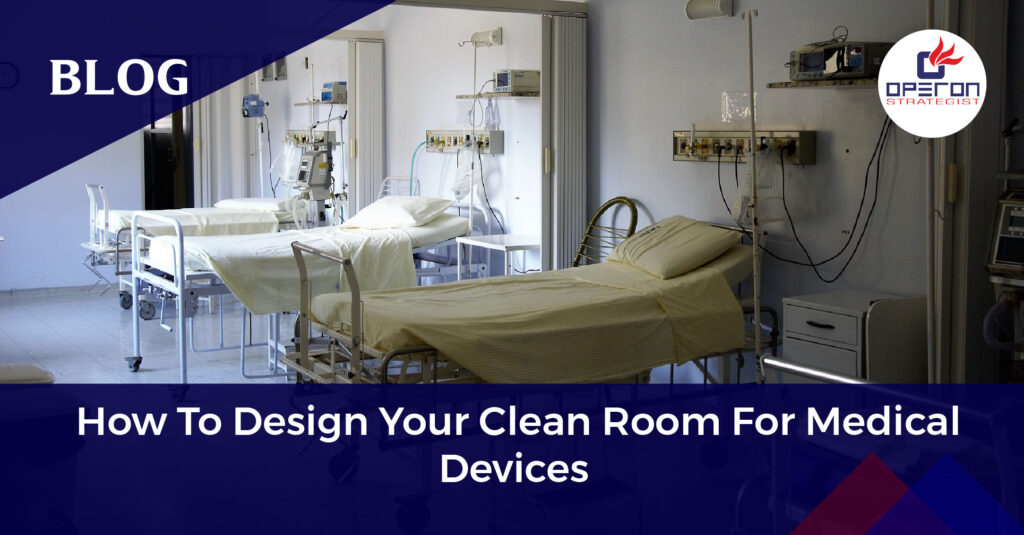For the improvement of the medical device sector government is making efforts and updating guidelines from time to time. It is hard for the manufacturer /service provider to maintain all the records of the new updates and work as per the new regulations. To address this situation we provide regulatory services and help our clients to move ahead with their projects. Recently Government of India issued new guidelines about standard operating procedures (SoPs) for testing medical devices, which will strengthen the infrastructure for the approval of medical devices. Currently with no mandatory regulation on drugs and pharmaceutical lines for taking samples and conducting audits, all states have developed laboratories as per their requirement and abilities. In India, we have different categories of medical devices and they may require different types of testing infrastructure. The meeting was held under the chairmanship of the secretary of the Department of Pharmaceuticals (Dop) to prepare the roadmap to improve testing infrastructure to enable a smoother transition to medical device licensing. For the submission of the report, a month’s timeframe is given to the committee.
- Standard operating procedures (SoPs) are needed for the assurance that quality standards are met by the manufacturer. We are helping the manufacturer to develop their quality management system as per the requirement of ISO 15378 certification. To complete the procedure for this contact us or you can WhatsApp us your requirements.
Currently, there is a minimum mandatory requirement for state regulator on how many samples they can take and verify Once the medical device regulation comes into force testing of medical devices will become mandatory, so the prime task for the working committee is to identify which facilities within the government and which independent ones are available in the country to test medical devices,” the official said.
“The committee will also tell us which category of product which lab may be able to test. We called on several stakeholders from the Central Drugs Standard Control Organization (CDSCO), industry, DoP, and NIPER to do this exercise and give their report,” the official said.”
As per the latest update from CDSCO manufacturers of low-risk devices (Class A & Class B) were required to undergo a mandatory registration regime until September 2022 and device manufacturers of high-risk medical devices(Class C & D ) have been invited to do so until September 2023. After the mandatory registration period, these classes will respectively move to the licensing regime.
The goal is to prepare the industry for an easy transition regulatory regime. The tests had been commissioned by way of the CDSCO according to the standards; similarly, random samples also are in development. This workout will create a permitting surroundings and fill the existing gaps.
Operon strategist medical device consultancy launched the newsletter “Reguveda-Your guide for regulatory updates” to keep you updated with new regulations. Don’t forget to subscribe to our Newsletter.
References:




